
Some commonly used drugs and narcotics have serious cardiovascular effects.

Some commonly used drugs and narcotics have serious cardiovascular effects.

Psychiatrists are uniquely suited to help patients with and without heart disease feel more positive and hopeful. This, in turn, can have substantial effects not just on mental health, but on health behaviors and physical health outcomes as well.
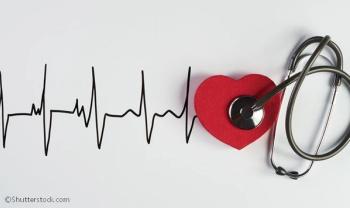
Psychiatrists who prescribe certain medications need to mitigate cardiac risks.
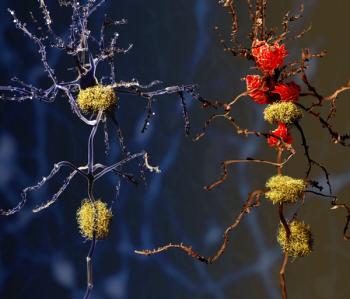
An interview with Kenneth S. Kendler, MD, vice-chair of the American Psychiatric Association DSM Steering Committee, author of more than 1200 articles, and one of the highest-cited researchers in psychiatry.

What was life like in the 1950s Bronx for a budding preeminent psychiatrist?

In a time of increased telehealth, secure technology is more important than ever.

Two recent papers look at the subtle and surprising links between smoking and pain in different parts of the body.

And Jesus was a sailor when he walked upon the water...
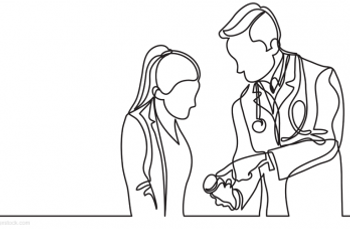
As we learn about the effect of COVID-19 on patients with bipolar and other psychiatric disorders, clinicians should be prepared to ask questions to uncover new syndromic behaviors.

Earn CME Credit by learning more about multiple sclerosis and how it affects patients.

Despite alcohol-related fatalities soaring to the No. 1 cause of death in middle-aged adults, this medication is often overlooked.
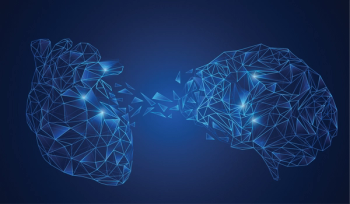
Understanding and developing treatments for the cardiovascular system and how it relates to psychosocial distress and the nervous system are keys to the future of psychiatry.
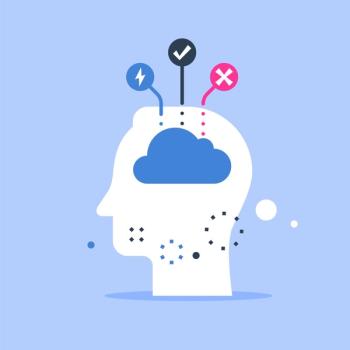
Is it possible to use cognitive testing, which is brief, easily performed, reliable, and noninvasive, to identify individuals at risk for psychosis?
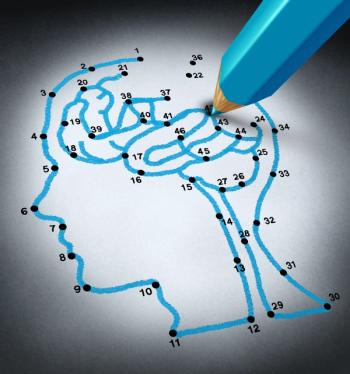
This CME describes current strategies and recent advances in treatment.

As physicians first, psychiatrists must consider the big picture, without reflexive and thoughtless prescriptions for psychotropics—even if many, including medical professionals, assume that is all we do.

Still in its infancy, the field of technology in psychiatry is rapidly growing and holding much promise in diagnosis, symptom tracking, behaviorial reinforcement, and a host of other useful tools.

If we had 1 extra minute with our patients, what question would we ask?

Over the last 9 months, we have seen heroism, innovation, and precise science, performed under unbelievable pressure. The result is no short of miraculous.